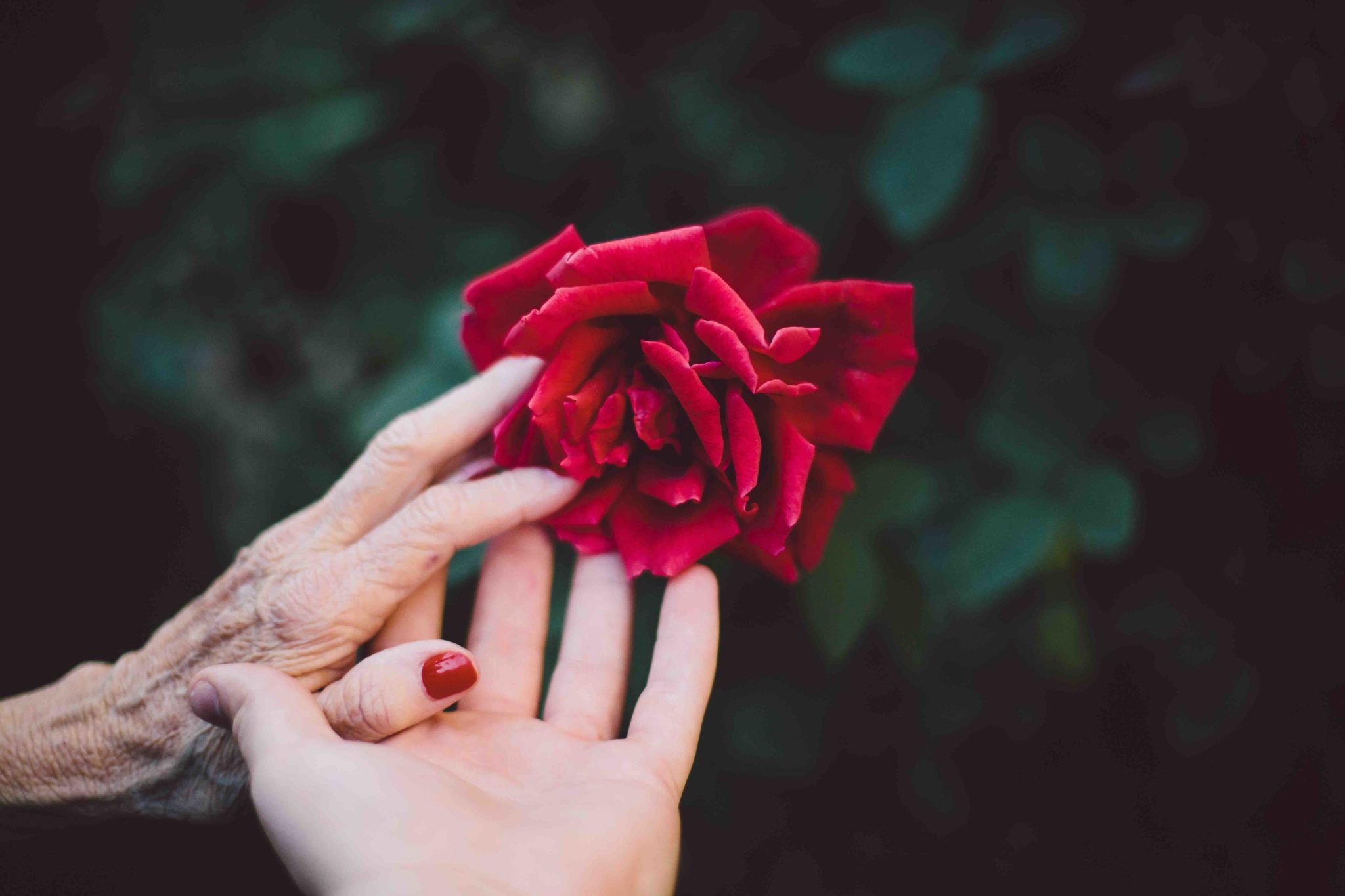“that summer
I left for the desert
to mourn and weep
to water the sands with
myself”
***
“catch my eye”
it’s that
loose,
loud
power-cable from down the street
singing high-notes between
the dead grass and
the asphalt
she croons,
and the hot,
gray evening
scatters
simmers.
sky and trees aflame,
the crickets join her.
***
“earlier”
at thirteen, the bold
come forth and let go
of all that’s dear to them
at night, the creek warms
the earth and his bare feet
as he listens to the unloving quartet:
cicadas he dares not search for
but whose song fills him,
whose notes he knows well.
in the thick light, he can’t help but worry:
“your parents are deep sleepers,”
she had said over the phone
in a whisper.
it wasn’t true, but he had to believe her.
she’s sitting on that small bridge
tearing leaves from a branch
on the street that’s neither
his nor hers.
the quartet crescendos.
at nineteen,
where has his music
gone to?
***
“light”
a soft, quiet love
that stands short and little,
here to stay, under the wind
under the radar.
Love.
a lean and strong love, with
dirt, churning into
star-matter, in the eyes of a child,
a lamp that won’t start until
it’s nothing but dark at home
***
“dreams”
this is the kind of man
who brings his own jar of honey
to the café he frequents.
and mind you, not the kind that
dead people love to spread on their breakfast.
no, this honey is
the kind children grasp at,
the kind bears dream of,
good, hearty, Anatolian honey,
the kind that frequents dreams.
i’ve never seen him sitting with anyone.
***
“why?”
you feel her only
in the tips of your hair,
and deep in your chest
nothing but the movement
and function,
no music but the muted
thumping
of a machine
cry my child,
let your tears pour
let yourself stumble,
and crash.
you’ll never get
to fall quite like this
again
we have brave fun,
mangled insides,
and one another
to cling to (far too tightly).
that’s called “love”
and if you don’t like it
then by all means,
keep moving.
she’s my type:
she wants to destroy
everything that’s good
in me
***
“loss”
A dark , quiet room—
thrashing around, knocking things over.
Grasping, reaching everywhere
for a light switch
she removed weeks ago.
***
“now and then”
it’s night out now
and we seldom speak,
but when we do
it’s in long, low sentences
under trees we’ve scarred
with knives and hatchets.
our laughter is round and all in pieces.
it’s dull glass shattered a long while ago;
every time we talk, i get a foul taste in my mouth,
makes me want to bleach my innards—
less to clean, more to hurt, and
now and then, i’m alone in bed
and i can hear you wince
it’s night out now,
there’s a filthy cloud cover,
my palms are wet with mud.
it’s a bit cold for spring.
***
“notes from my father”
handwriting you wouldn’t expect
from a scientist
and poems a father
couldn’t have written if he’d had one
he laughed:
“burn them when I’m dead”
he phoned his mom that day,
who knew she’d moved to Ankara.
***
“lost”
who knew
that as the low hours
of the night
broke out,
the air would get so heavy,
so sticky
between your eyes
that the descending half-panic
of another
would infect you.
hanging onto bad habits
and worse reflections,
the thickness in your lungs
has you heaving and shining
against the pressure
***
“scent”
I always thought
that I loved her
scent—
turns out
my face pressed
against her body
made me smell
my nose
***
“end”
I miss
the drum-beat
of your
foot-steps:
short
short
long
on cold, black,
sacred rocks.
these other girls,
they walk like
I can hear them—
like they have something to hide
but you,
you
walk like you waltz

Leave a Reply